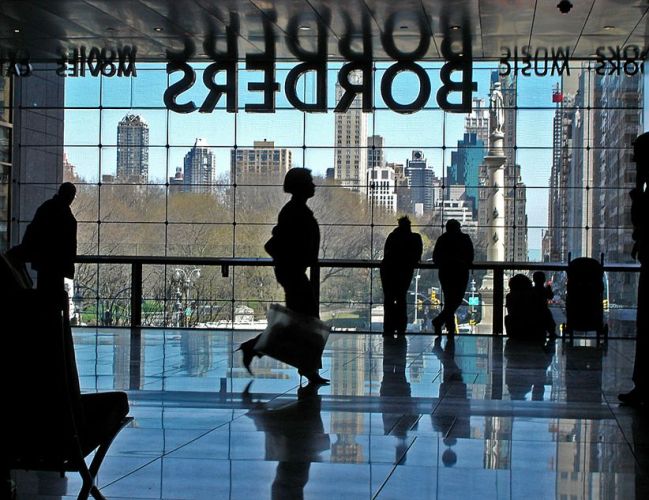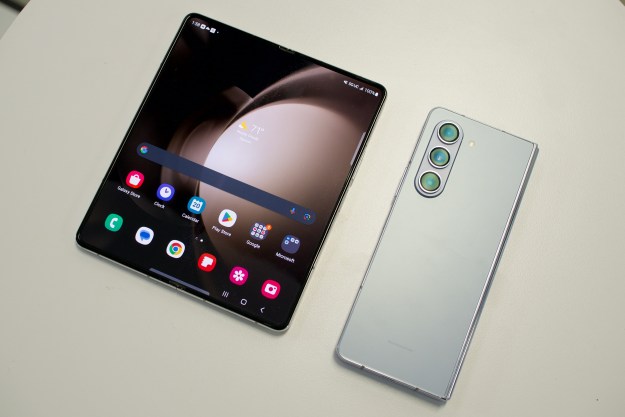 Quora’s doing what it does best: Offering up thorough answers from insiders themselves. Today we noticed that former Borders director of merchandise planning and analysis, Mark Evans, had wandered by the site and graced us with an essay-length answer to a very important question: “Why is Barnes & Nobles performing well as a business while Borders has filed bankruptcy?”
Quora’s doing what it does best: Offering up thorough answers from insiders themselves. Today we noticed that former Borders director of merchandise planning and analysis, Mark Evans, had wandered by the site and graced us with an essay-length answer to a very important question: “Why is Barnes & Nobles performing well as a business while Borders has filed bankruptcy?”
Borders, once the Starbucks of bookstores, filed for Chapter 11 bankruptcy in February of this year and planned to immediately close 30-percent of its locations. The publishing industry has been going through an undeniably tumultuous period of change, with online retailers like Amazon and e-reader/tablet markets becoming what they are. Borders was particularly affected by this change, and Evans attributes its failings to a multitude of oversights – marketing malfunctions, supply chain collapses, etc. But in all his insights, one thing is plainly obvious: Borders just wasn’t ready for the digital age and its consumers.
In-store issues
Evans makes a few arguments pointing out the company’s inability to change with the times, and this largely applies to the Internet and technological advancements. Ceding Borders.com to Amazon.com was a mistake; a short-term fix that killed Borders in the long run. “The Internet is too important to outsource in this manner and Borders’ branding, multi-channel strategy, and customer base suffered.”
Not only did Borders fail to make its web presence a priority, but its physical locations were poorly planned. Evans says the company’s eyes were a little too wide and it would lease spaces larger than its needs demanded. And of course, when its burgeoning CD section and sales tanked, the stores looked even larger and emptier than usual. Of course, losing a partnership with Starbucks to Barnes & Noble didn’t help matters.
What digital content?
The real pain came with its e-book ignorance. Evans says by the time it become clear Borders had “dropped the ball” here, it was too late. Barnes & Noble and Amazon have clearly dominated this landscape, and with the immense popularity of e-readers, it’s simply not a product book publishers can survive without.
The other big, huge, glaring problem? CDs. Do you remember walking into Borders and seeing its massive CD selection? Evans says this was a huge moneymaker for the store in the 90s. Once P2P file sharing become a mass consumer activity and online music stores like iTunes bloomed, traditional music media sales tanked, and the store was left with an abundance of inventory it couldn’t move. Once it downsized its CD selection, its brick-and-mortar stores were big, empty spaces – big, empty spaces that Borders couldn’t justify paying for. The company had invested in a dedicated warehouse distribution facility for its music selection, big investments that clearly didn’t pay off.
Part of being a successful, profitable company – in the long term, not only the short term – means being able have some sort of ability to predict what the future of your industry is going to look like. From the sounds of it, Borders was just way, way off.


